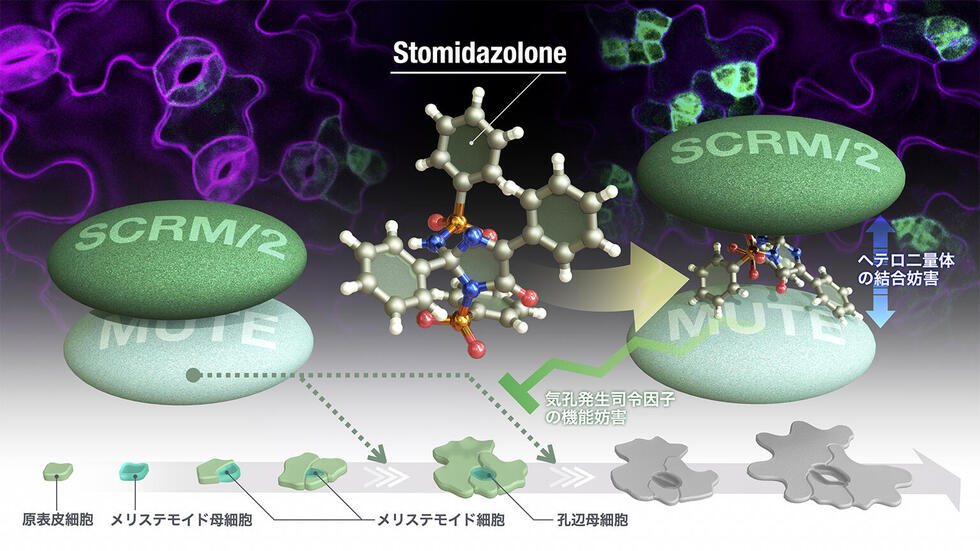2024-10-23 ワシントン州立大学(WSU)

Photo by Johnny Lye on iStock
<関連情報>
- https://news.wsu.edu/press-release/2024/10/23/dehydration-linked-to-muscle-cramps-in-ironman-triathletes/
- https://journals.lww.com/cjsportsmed/abstract/9900/exercise_associated_muscle_cramps_in.241.aspx
30年以上にわたる鉄人トライアスリートの運動関連筋痙攣 Exercise-Associated Muscle Cramps in Ironman-Distance Triathletes Over 3 Decades
Nilssen, Paal K. BA; Johnson, Kasey B. MD; Hiller, W. Douglas B. MD; Miller, Thomas K. MD; Connolly, Christopher P. PhD
Clinical Journal of Sport Medicine Published:October 15, 2024
DOI:10.1097/JSM.0000000000001276
Abstract
Objective:
This study aimed to explore associations and trends for athletes experiencing exercise-associated muscle cramps (EAMC) in ultraendurance competitions.
Design:
Retrospective analysis of prospectively collected data.
Setting:
Medical tent data were collected from annual IRONMAN World Championship events.
Participants:
In total, 10 533 medical records were reviewed among 49 530 race participants from 1989 to 2019.
Assessment of Risk Factors:
Athlete demographics data, performance data, and additional medical conditions were examined.
Main Outcome Measures:
Primary outcome of interest was to compare triathletes with and without EAMC. Secondary outcome was to analyze triathletes with subsequent EAMC.
Results:
EAMC (N = 2863) occurred in 57.8 per 1000 participants (95% confidence interval = 55.7 to 60.0). The incidence of EAMC did not differ between athlete sex. Athletes with EAMC had greater weight loss but did not differ in serum sodium and serum potassium compared with those without EAMC. Further analysis with a logistic regression analysis revealed that dehydration, exhaustion, hypotension, abdominal pain, headaches, and a previous evaluation for cramping were strongly associated with muscle cramping. The most common treatment for EAMC was intravenous fluids.
Conclusions:
Findings from the current study support previous reports that electrolyte abnormalities are not associated with cramping. However, our finding that dehydration is associated with muscle cramping contradicts current literature.

